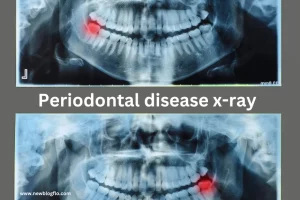Dive into our expert analysis of antioxidants and cancer cells. Discover how these vital nutrients might influence cancer cell behavior, potentially aiding in prevention and treatment.
Unraveling the World of Antioxidants and Cancer Cells

Boldly diving into the realm of biology, let’s talk antioxidants, the valiant defenders of our body at the cellular level, and cancer cells, the unruly agitators causing severe damage. But how do these two entities interact? Grab a coffee and enjoy the ride as we explore this fascinating topic in detail.
Cancer is a complicated illness that may affect practically every human organ. Despite recent major advancements in cancer therapies, a permanent therapy that eliminates all cancers has yet to be developed.
That’s why prevention and supportive care are so important. One area of cancer prevention and care that shows great promise is antioxidants.
Antioxidants are chemicals that can mitigate the damaging impact that free radicals have on cells.
Antioxidants may help prevent or delay the development of several forms of cancer when ingested sufficiently through diet or as supplements.
Let’s look more closely at the connection between antioxidants and their potential impact on cancer. There are many different natural and synthetic forms of antioxidants. While the body may produce certain antioxidants, others must be obtained through diet or supplementation.
Examples of important antioxidants include:
- Vitamin C
- Vitamin E
- Beta-carotene
- Lycopene
- Selenium
- Flavonoids
These antioxidants scavenge free radicals and stop them from harming DNA, proteins, and cell membranes in various ways. A diet rich in fruits, vegetables, and antioxidant supplements can provide the body with diverse antioxidants to optimize this protective effect.





